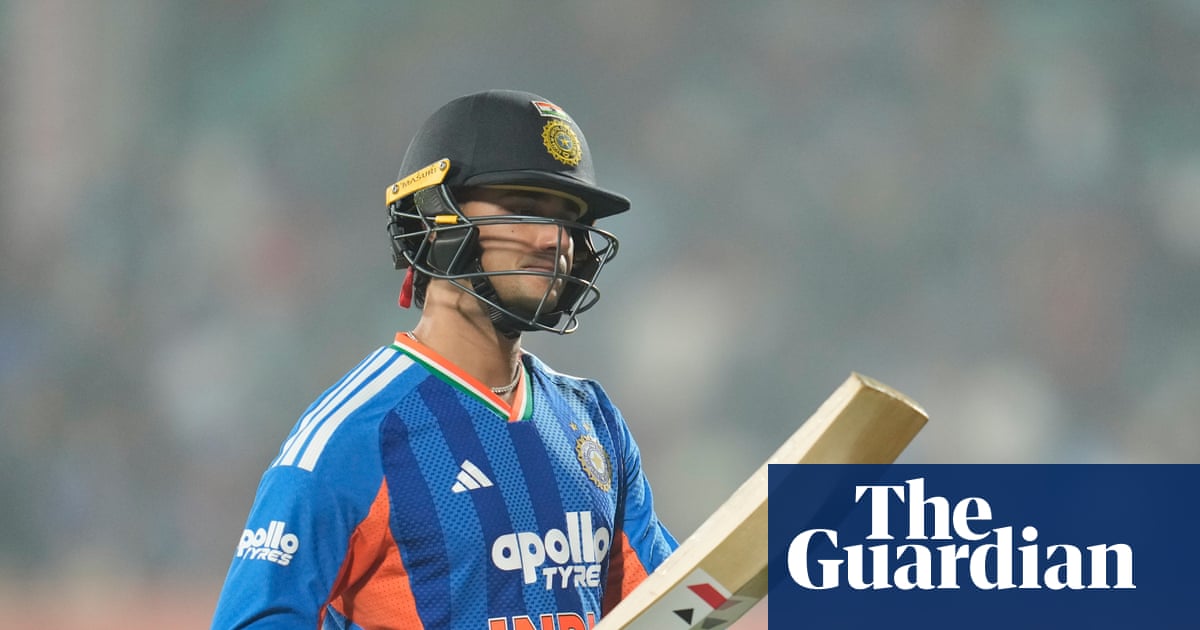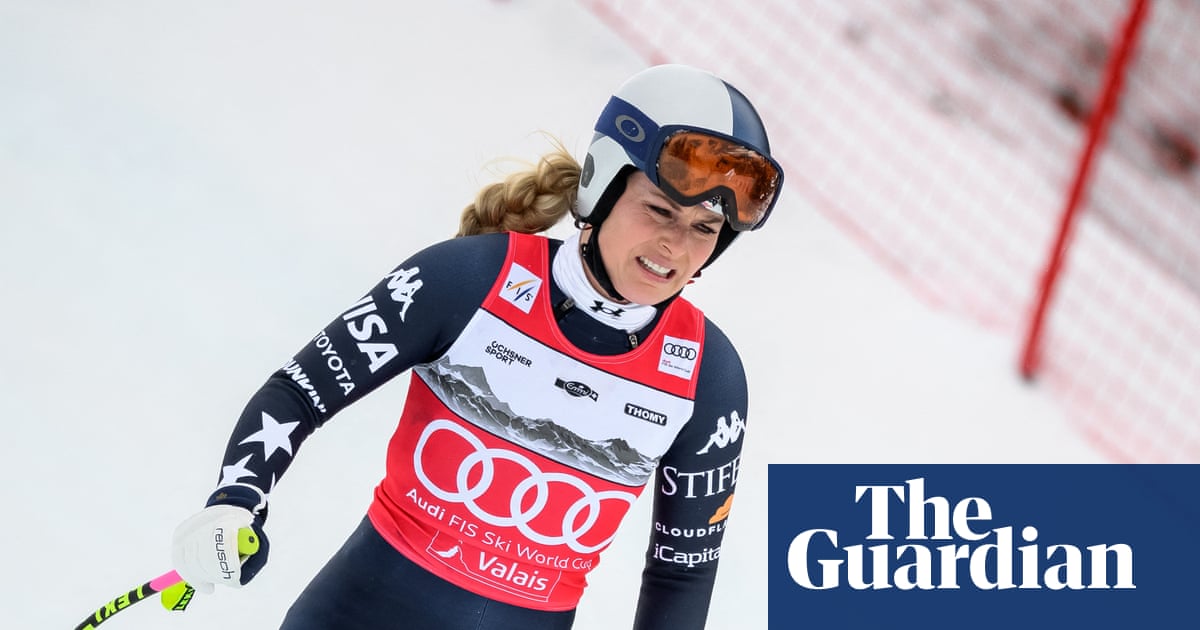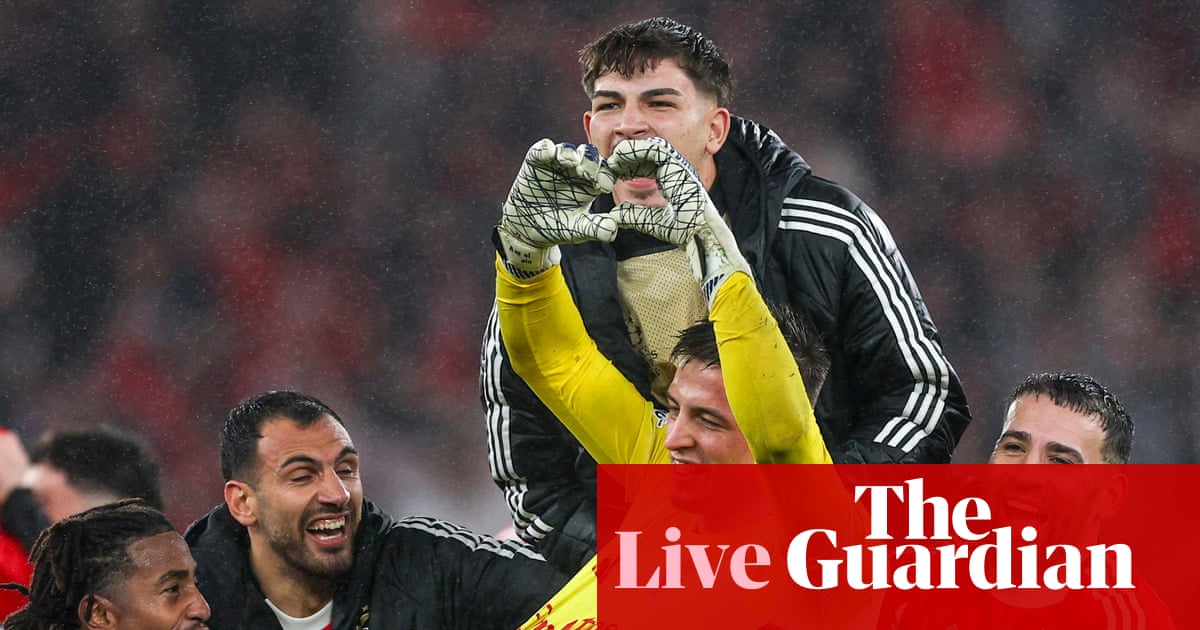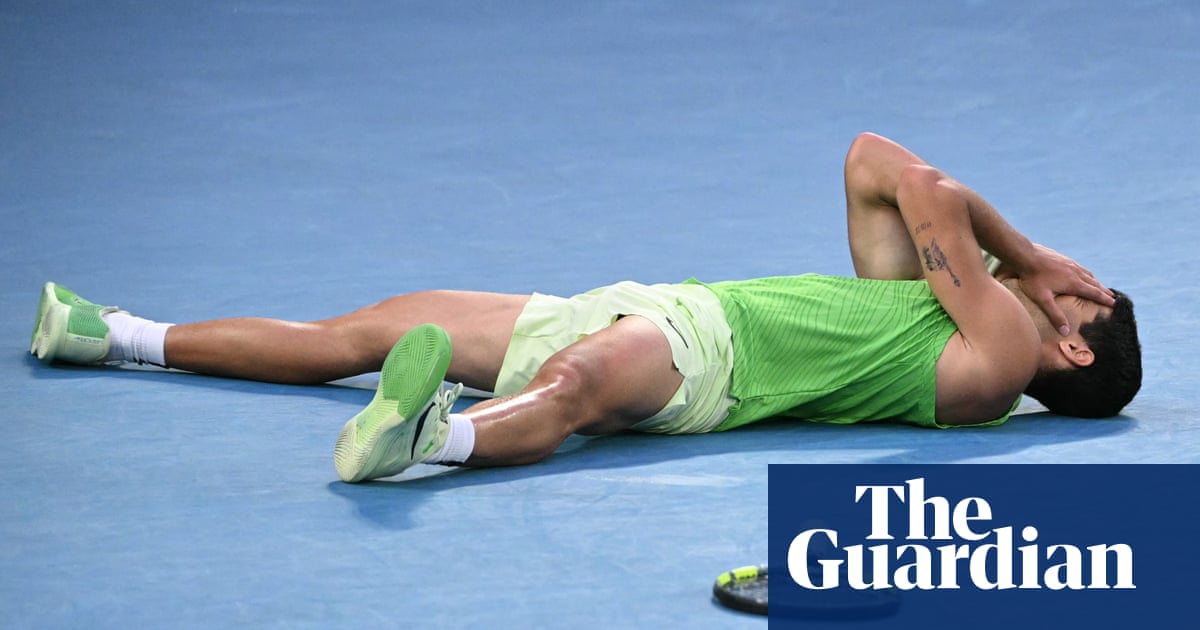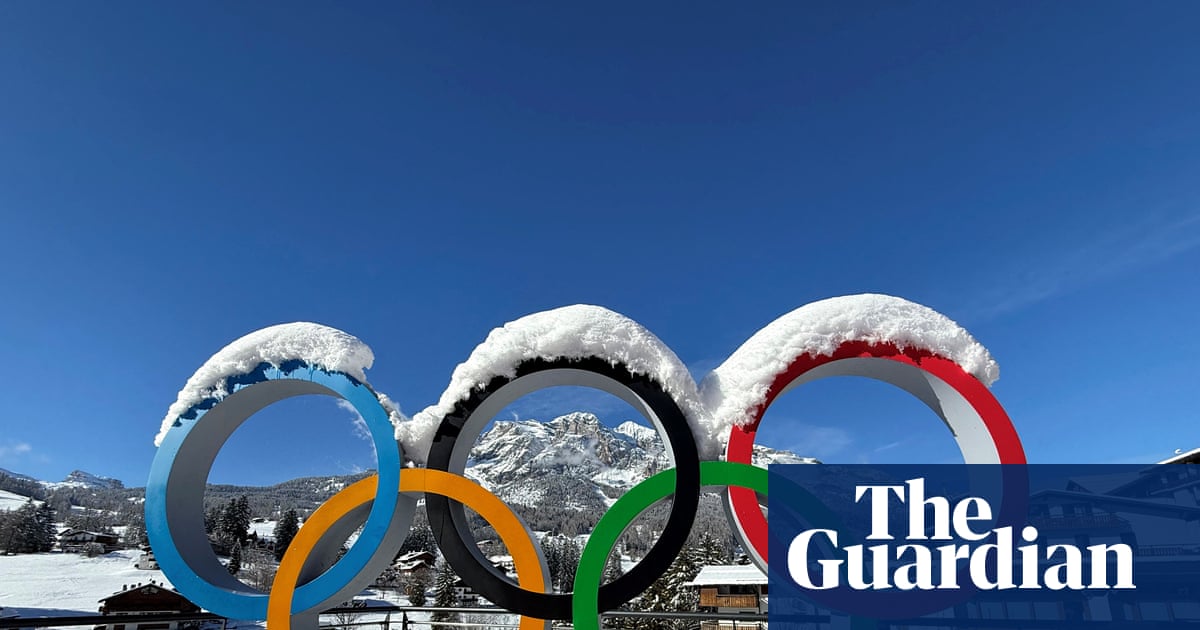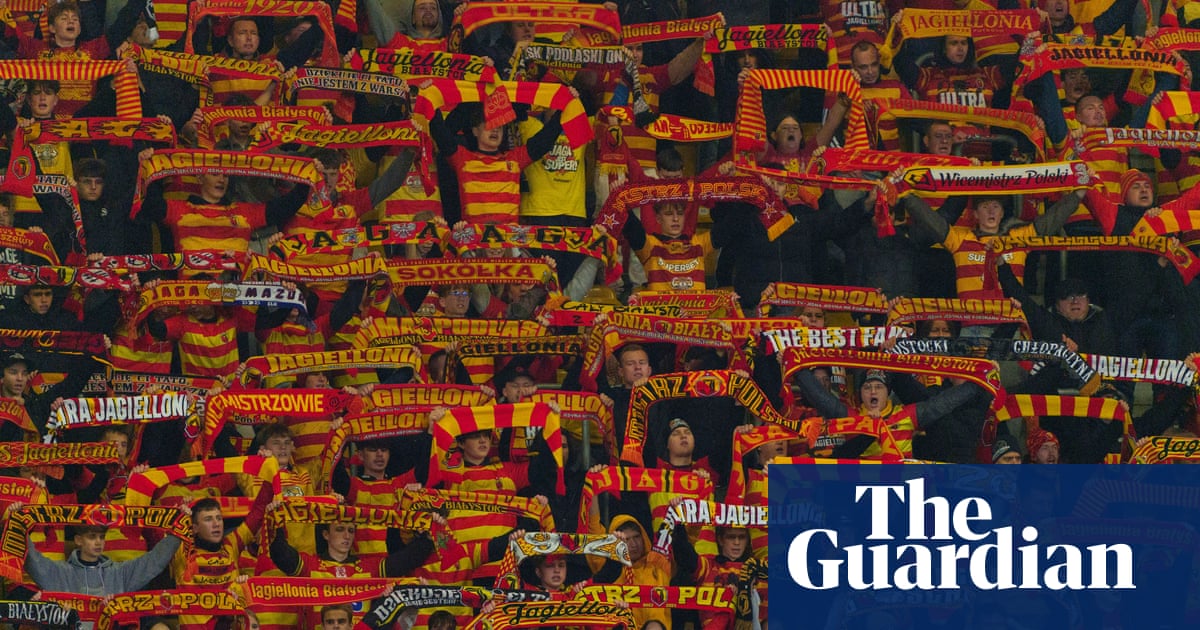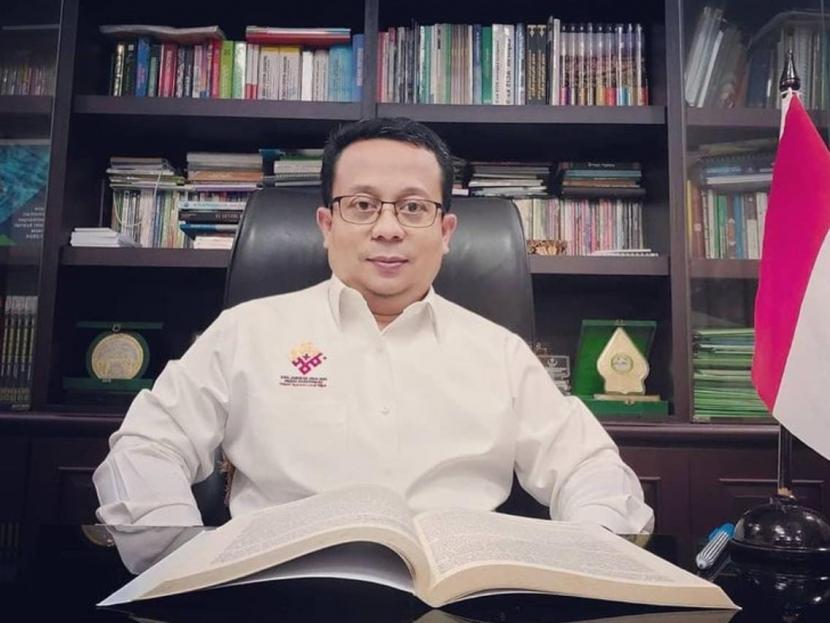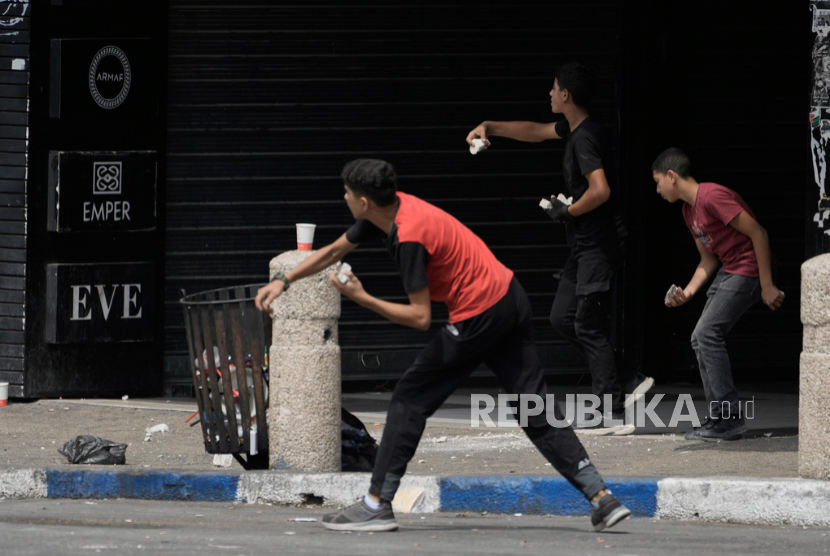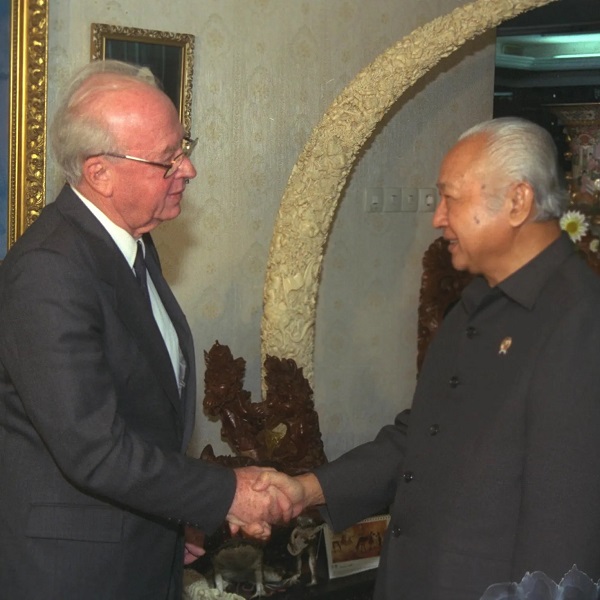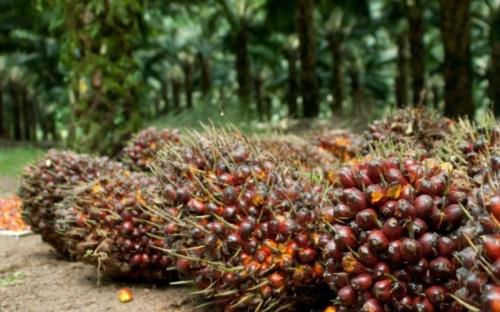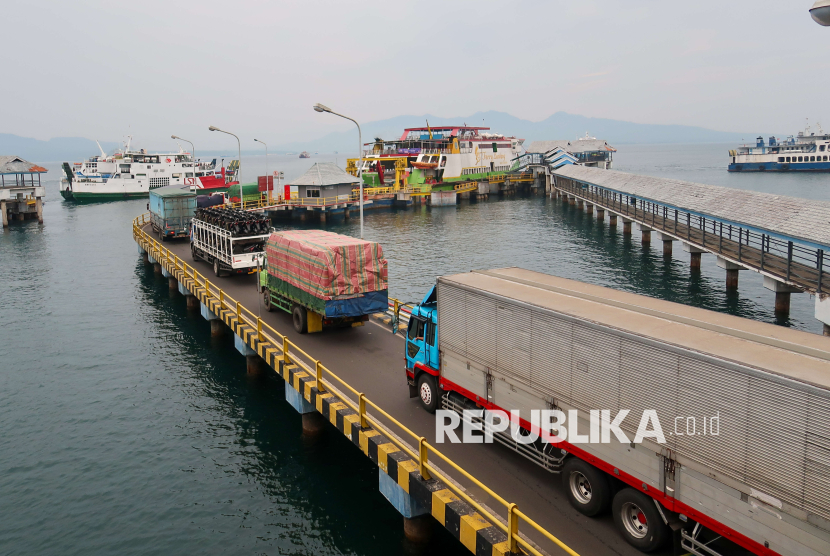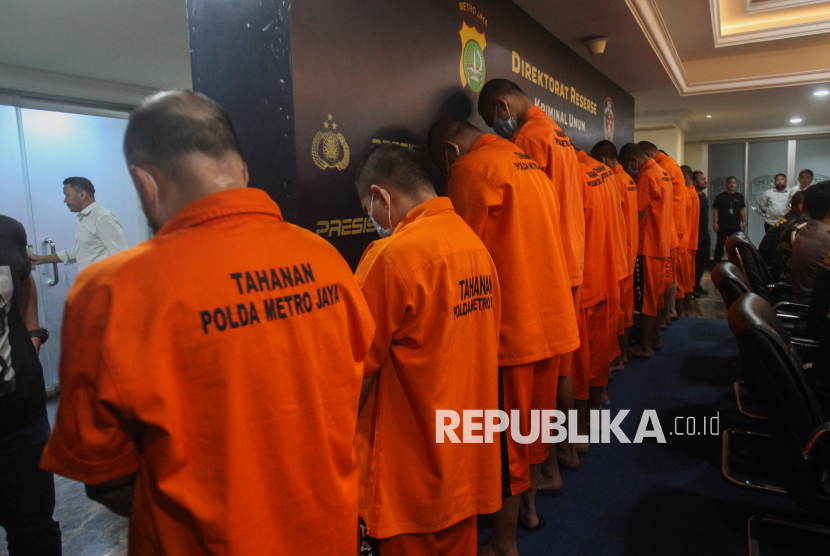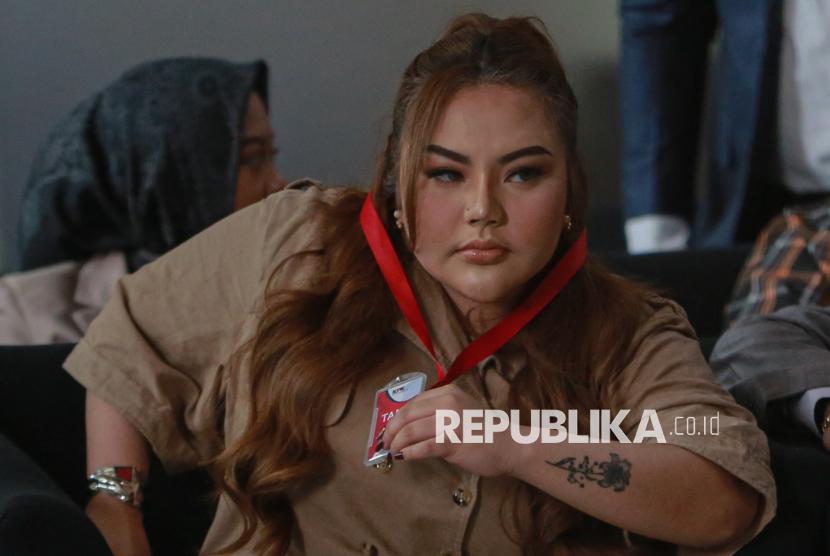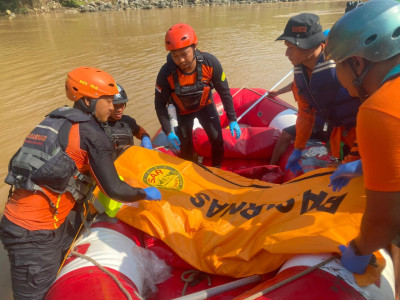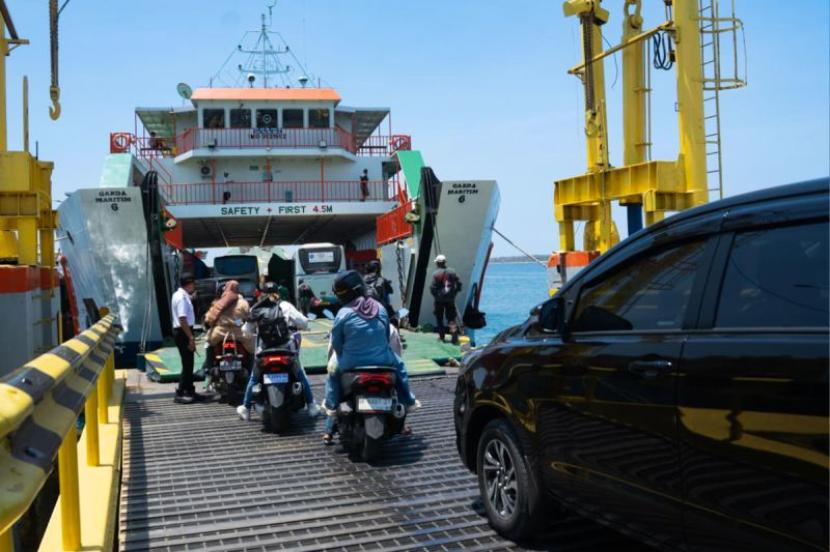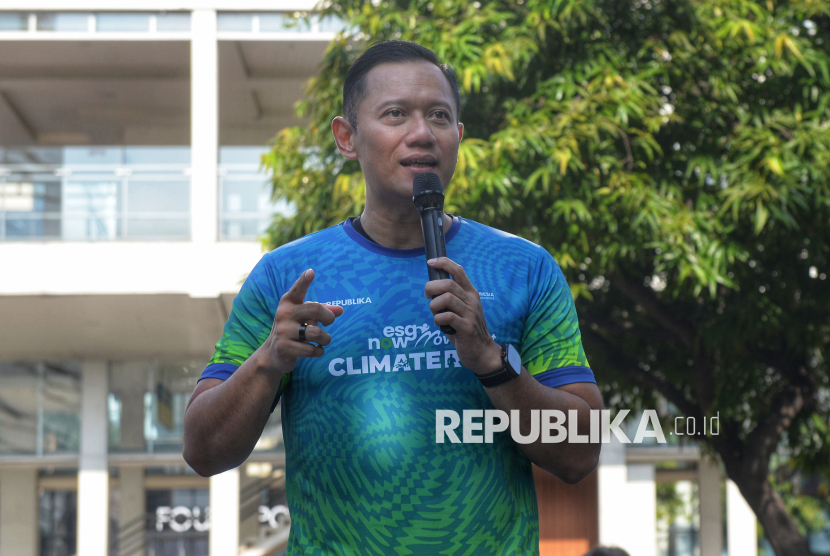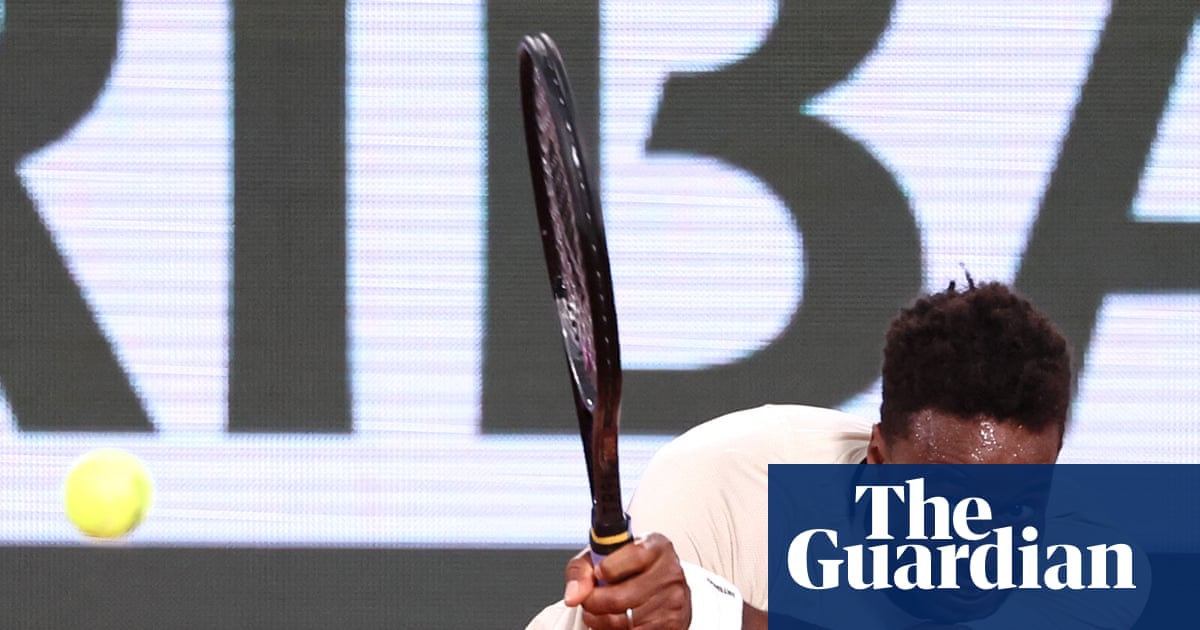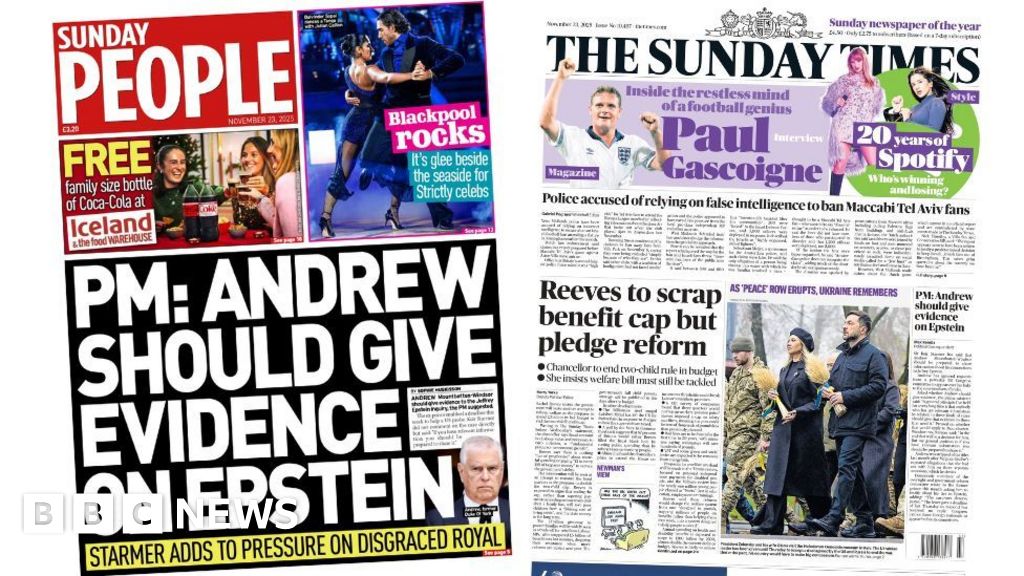The Norwegian club Vålerenga have called for anti-doping regulations to be strengthened after an extraordinary case in which a player from their women’s team was found to have ingested a banned stimulant from rubber crumb in an artificial pitch.
A seven-month saga concluded on Wednesday when the World Anti-Doping Agency (Wada) chose not to appeal against the decision of Anti-Doping Norway (Adno) that the player was faultless. But the landmark case has highlighted the risks to footballers of environmental exposure to banned substances and opened up the possibility of further controversies emerging around the thousands of synthetic pitches across Europe.
The spectre of a doping violation had not been on anyone’s minds when Vålerenga faced LSK Kvinner at LSK-Hall in Lillestrøm, near Oslo, on 22 April. But a routine drug test found four players from each side had returned samples containing the prohibited substance 1,3-dimethylbutylamine (DMBA). One of the samples, belonging to the Vålerenga player in question, exceeded the Wada reporting threshold of 50 ng/ml.
How do I sign up for sport breaking news alerts?
ShowDownload the Guardian app from the iOS App Store on iPhone or the Google Play store on Android by searching for 'The Guardian'.
If you already have the Guardian app, make sure you’re on the most recent version.
In the Guardian app, tap the Profile settings button at the top right, then select Notifications.
Turn on sport notifications.
It triggered an investigation that baffled officials from both clubs and Adno, which found no common denominators in food, drink or other supplements consumed by the athletes involved. The affected player, who has chosen to remain anonymous, told the Guardian of the anxiety brought on by learning she was accused of a violation. “It was a terrible moment,” she said. “It was a very upsetting experience and I couldn’t really understand what was going on.”
The player was allowed to continue her career while the inquiry continued. She believes the shadow it cast may have affected some of her performances and was deeply relieved when an environmental investigation, which concluded in July, finally discovered the unusual cause.
It determined, after testing water samples and substances from multiple sites within the hall, that the shredded tyre granulate – known popularly as rubber crumb – on the pitch had contained the DMBA, which had been transferred to the players during the game. DMBA is a synthetic substance that stimulates the central nervous system and is sometimes used in dietary supplements, although it is banned in Norway and the European Union. It was known, through peer-reviewed scientific studies, to be a product that can occur through breakdown of the rubber-type granulate and there is a degree of frustration that this was not picked up on during the investigation.
The player was found to have borne no fault or negligence in the first known case in elite sport where environmental exposure has been responsible for a perceived violation. “I’ve always known I did nothing wrong and I’m grateful to Adno for tracing the source to LSK-Hallen,” she said.
“Still, the process and outcome feel somewhat arbitrary. If Adno had not been able to identify the granulate as the source, my situation would have been much more difficult. When you’re extremely careful, follow all the rules and still end up being drawn into a case like this, it shows how vulnerable you are as an athlete.”
The surfaces are not deemed to pose a health risk to athletes but concerns have been raised in the past about their role in microplastics pollution. From 2031, rubber crumb infill will be barred from sale in the EU. After the Vålerenga case emerged, the Norwegian Football Federation recommended that indoor competitive matches be moved outdoors. There are about 1,800 such synthetic pitches in Norway and they are also prevalent in the UK, particularly at grassroots level. No international standard exists to ensure turf materials are free of substances banned in sport.
Vålerenga want the rules to be bolstered to acknowledge a positive doping test is not always traceable to an athlete’s action, advertent or otherwise. Global rules are based on “strict liability”. Those are expanded upon in article 2.1 of Wada’s anti-doping code, which reads: “It is not necessary that intent, fault, negligence or knowing use on the athlete’s part be demonstrated in order to establish an anti-doping violation.”
Harriet Rudd, the Vålerenga CEO, told the Guardian: “Environmental factors really need to be high on the radar moving forward. It’s about having a holistic overview of what in the environment you risk finding in a doping test. Anti-doping work has to develop and issues like this have to become a much larger part of the things you take into consideration.”
after newsletter promotion
There is a concern that, now the risk of DMBA pollution through pitches has been flagged, in theory any future player to test positive for the same reason would not be able to escape liability. Rudd also wonders whether the investigation would have been as thorough if only one or two players had returned samples containing DMBA at that match.
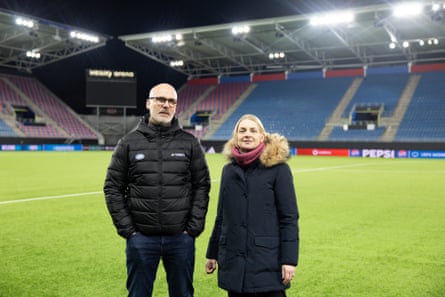
The exonerated player said: “Hopefully other athletes in a situation like mine will have stronger legal protection in the future. The rules as they are today can lead to an innocent athlete being suspended for years.”
Wada has been contacted for comment.
.png)
 2 months ago
26
2 months ago
26


